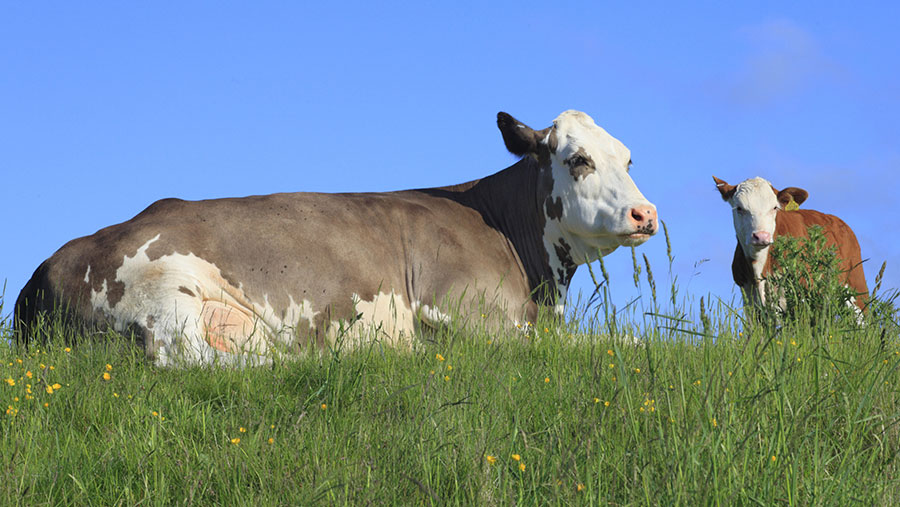Welsh fertiliser ban places some Glastir contracts in jeopardy
 © Richard Becker/FLPA/imageBROKER/REX/Shutterstock
© Richard Becker/FLPA/imageBROKER/REX/Shutterstock Renewal agreements for Glastir contracts due to be signed this week could force many Welsh farms to reduce stocking rates or face a fodder deficit because they ban fertiliser use on land where a low level of inputs is currently permitted.
Farmers have until 22 December to accept the new terms, or lose their contracts.
See also: Two more years of £63m Glastir scheme for Welsh farmers
The news comes just a week after the industry welcomed a Welsh government announcement that £62.9m had been set aside to extend Glastir agreements until 2021, before the scheme is replaced by a Public Goods Scheme when Wales implements its own farm support strategy post Brexit.
That relief has now turned to anger that a such a major amendment is being made to Glastir contracts without a proper discussion.
No inputs
The compulsory change to no inputs for land on which farmers graze animals and produce fodder will have an impact on the numbers of animals a farm can keep throughout the year, suggested Farmers’ Union of Wales policy officer Charlotte Priddy.
Farmers who had been offered contract extensions must now carefully consider whether their businesses will remain resilient and sustainable given such changes, she advised.
The timing is poignant in a year when the long dry spell has put pressure on the feed available for livestock, both in terms of grazing and winter fodder.
“It stands to reason such impacts would be exacerbated during years such as 2017 and 2018, in which extreme weather means additional fodder is required to feed animals during long housing periods, thereby further reducing farm resilience,” said Ms Priddy.
Time restraint
The problem, she said, had been compounded by farmers being given just weeks to consider and calculate the impacts to their businesses of all low-input fields becoming no-input fields.
“Such impacts include whether reductions in livestock numbers will be necessary over the coming months in order to compensate for the changes to contracts, and the likely impact on the offspring of animals which are already in-lamb or in-calf in terms of retaining or fattening such animals,” said Ms Priddy.
If farmers don’t accept the new contracts, letters they have received warn “this could lead to termination and full recovery of payments previously made under your Advanced contract”.
Government response
A Welsh government spokesperson said: “Some options have been adjusted to reflect the Welsh government’s Rural Development Programme, which was agreed with the EU Commission in 2015.
“These are being applied for those contracts being extended, as was the case for previous Glastir extensions. If farmers don’t want to continue with these options, they should contact Rural Payments Wales (RPW) directly.
“RPW wrote to all farmers eligible for a Glastir Advanced contract renewal in August with a document to explain these changes and the deadlines to accept the renewed contracts. The period the RPW online system was unavailable was factored into this timescale for accepting the contracts.”
